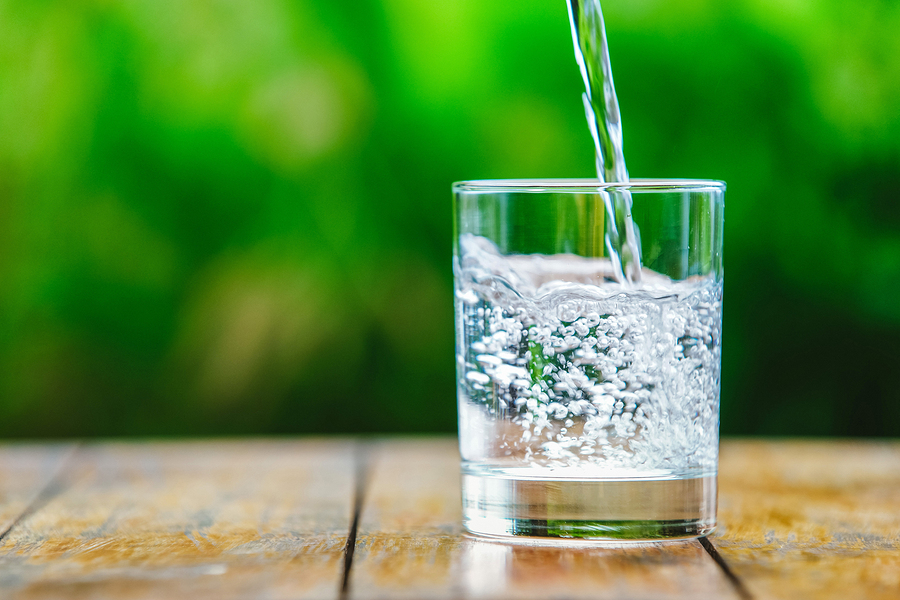
Your muscles are an incredibly important part of your body that serve several purposes. Within your body, muscles turn energy into motions, thereby allowing you to do the things that you need to do! Without your muscles you would not be able to walk, run or do any of the movements that you do without a second thought. You would also be unable to breathe, talk or even to have the blood flow through your body! So, as you can see, the health of your muscles is extremely important!
There are over 600 muscles in the human body and they are made of cells known as fibres. These muscle fibres are made up of myofibrils, which are cylindrical muscle proteins. It is these proteins that enable a muscle cell to contract. Keeping your muscles healthy is essential if you are to retain optimum motion and function as you age. There are three different kinds of muscle within the human body and they all have very different purposes!
Read on to find out more about the different kinds of muscle in the body and the different functions that they serve!
Skeletal Muscle
This is the kind of muscle that most of us think about when we talk about muscles in general. It is those that we can see and feel, and that which are increased when we work out with strength building exercises. Skeletal muscles are attached to the skeleton and exist in pairs.
When the muscle pair is used, one of the muscles moves the bone one way and then the matching muscle moves it back. The use of these muscles is generally a voluntary action and your brain tells them to contract when it is necessary because you need to do something.
Smooth Muscle
Smooth muscles are those which are found in the bladder, blood vessels, digestive system and airways. Women also have smooth muscles in the uterus. These muscles stretch and can maintain tension for extended periods of time and are controlled by your nervous system.
As well as helping to move waste through the body, these muscles also help to keep your eyes focused. These muscles are also sometimes referred to as involuntary muscles due to the fact that you have no conscious control over them.
Cardiac Muscle
This kind of muscle is only found in the heart. It is able to stretch, much in the way that smooth muscle does, and contracts involuntarily.
So, how can you go about keeping your muscles healthy?
When it comes to your skeletal muscles, it is important to undertake regular exercise or some form of physical activity. However, when you are going to be engaging in moderate to intense exercise, it is essential that you warm up and cool down adequately before and after. A warm up should last between 10 and 20 minutes, as should your cool down session. During both the warm up and the cool down, you should focus on the muscles that you use during your workout. A slow-paced jog or some light weight lifting should do the job!
Exercise and Healthy Muscles
Research shows that people who exercise regularly have much healthier muscles than those who do not. The best kinds of exercise to engage in to boost muscle health are those that involve forcing the body to work against gravity. Running, jogging and jumping rope are all great choices and thirty minutes of these kinds of exercise each day will go a long way to boosting the health of your muscles.
The longer you spend not exercising, the more the muscles will begin to break down and you will lose muscle mass. This can put you at a greater risk of injury, especially as you become older.
Eating Well
Your diet will greatly impact the health of your muscles as the foods you eat will work to strengthen and repair existing muscle. Food also helps the muscles to function properly and it is never advisable to starve your body of the foods it needs! The most important things to include in your diet for the health of your muscles are carbohydrates, protein, healthy fats, vitamins and minerals.
The Importance of Hydration
Staying adequately hydrated throughout the day is important for the overall health of your muscles. This is because water provides electrolytes that are essential for muscles to maintain their strength and function.
You should aim to drink approximately two liters of water every day. When you are engaging in a high level of physical activity you should obviously increase the amount of water that you are drinking to account for water lost through exercise.
Muscle Pain
If you feel that your muscles are strained or painful then you should spend some time addressing the reasons for this. If you are not getting an ample amount of exercise then the time to start is now! Equally, if you feel that you are not consuming enough water throughout the day, or that your nutrition is compromised due to a poor diet, then you have to take it upon yourself to rectify these problems.
References
1) http://www.premierortho.com/sports-injuries/top-five-tips-keeping-muscles-healthy/
2) http://www.niams.nih.gov/health_info/kids/healthy_muscles.asp
Related Posts
Cigarettes May Inhibit Inflammation Treatments
Axial spondyloarthritis, also known as AxSpa, is a chronic…










